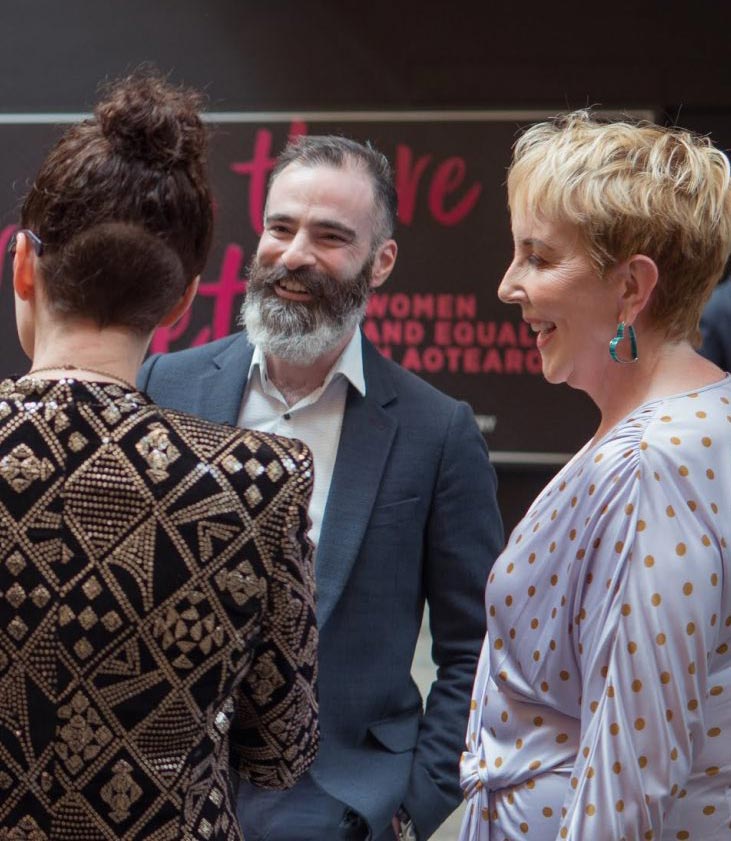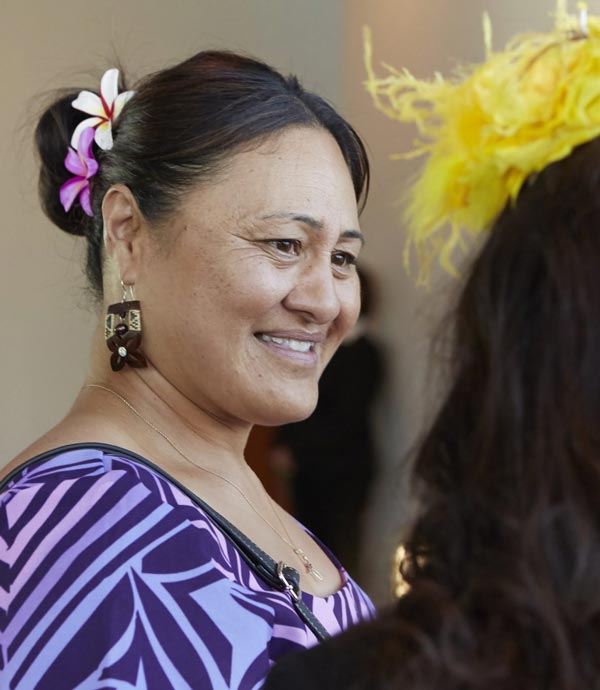“Once upon a time, women didn’t have the right to vote. We sorted that.” Now, it’s time to sort the Gender Pay Gap in our country.
49 years on from the Equal Pay Act passing, Āotearoa has not closed it’s pay gaps. It’s time to fasttrack that.
Global Women recognise that advocacy will expand the reach of influence and impact in order to build a more equitable Aotearoa NZ. MindTheGap NZ has launched a Public Pay Gap Registry in a move that encourages all organisations to sign on and commit to pay gap reporting – and Global Women is proud to stand as one of the 20 organisations supporting this initiative.
We join alongside our Global Women members, Jo Cribb, Siobhan McKenna, and Dellwyn Stuart who is leading this campaign with Carol Beaumont.
Global Women are also working with our partners and the Champions for Change to develop a consistent approach to gender pay gap reporting as part of the Diversity and Inclusion Impact Report.
The campaign has kicked off in the lead up to the 50th anniversary of the Equal Pay Act, where the registry will go live on International Women’s Day on March 8, 2022. Organisations with over 50 employees are encouraged to sign up and indicate whether they are currently reporting on internal pay gaps. From March 8th next year, the registry will begin to show which of our larger employers are reporting on their gaps. A rich tapestry of initiatives which includes legislation changes, remuneration consultancy services and masterclasses have been designed to support the voluntary reporting encouraged by the registry.
Legislation changes are also part of this stride: MindTheGap has drafted policy advice to be presented to the government, which considers requiring businesses to report pay gaps for gender, Māori, Pacific, other ethnicities, the disability community and other groups.
We’ve seen success of this from international reporting: the United Kingdom reduced the gender pay gap by 19% once reporting had been introduced, 56% of Finnish companies discovered new pay issues that hadn’t previously been identified and in Denmark, the number of women being promoted increased.
Now, it’s time for New Zealand’s organisations to report on their gender pay gaps.
“Mandating Pay Gap Reporting is a simple way to make impactful change happen,” says spokesperson and Global Women member Dellwyn Stuart.
Signing up to the registry is not only an opportunity for businesses to easily get ahead of the likely government oversight in legislation, and importantly to show they value their employees.
Dellywn Stuart says the Public Pay Gap Registry is designed to make Pay Gap Reporting simple for businesses. From now, businesses have five months to prepare for the public reporting, and the option for guidance from remuneration consultants and MindTheGap partner Strategic Pay.
“Both New Zealand’s consumers and talent pool are more discerning than ever, and will be looking towards the Registry to recognise which businesses to work with and spend their money in” — Dellywn Stuart
The average gender pay gap in New Zealand is reported to be 9.1% according to StatsNZ. However, evidence from Strategic Pay suggests it could in fact be as large as 18.5% for employees and 32% for Chief Executives. When it comes to ethnic pay gaps, the gap between Pākehā men and Māori, Pasifika, and Asian workers sits at 9.3%, 19.5% and 12.8%, respectively.
“COVID-19 has only made the need for change more urgent,” says Dellwyn Stuart. “Given overseas experience has shown the impacts of COVID on the gender pay gap and the current boom in construction is likely to see male wages increase while women’s stall, it is time to ensure pay gaps across all groups are closed as much as possible.”
“Pay gaps and pay discrimination persist in Āotearoa and it is time to address them. The EPA alone has not and will not be effective in addressing this — we need a new piece of legislation.”



